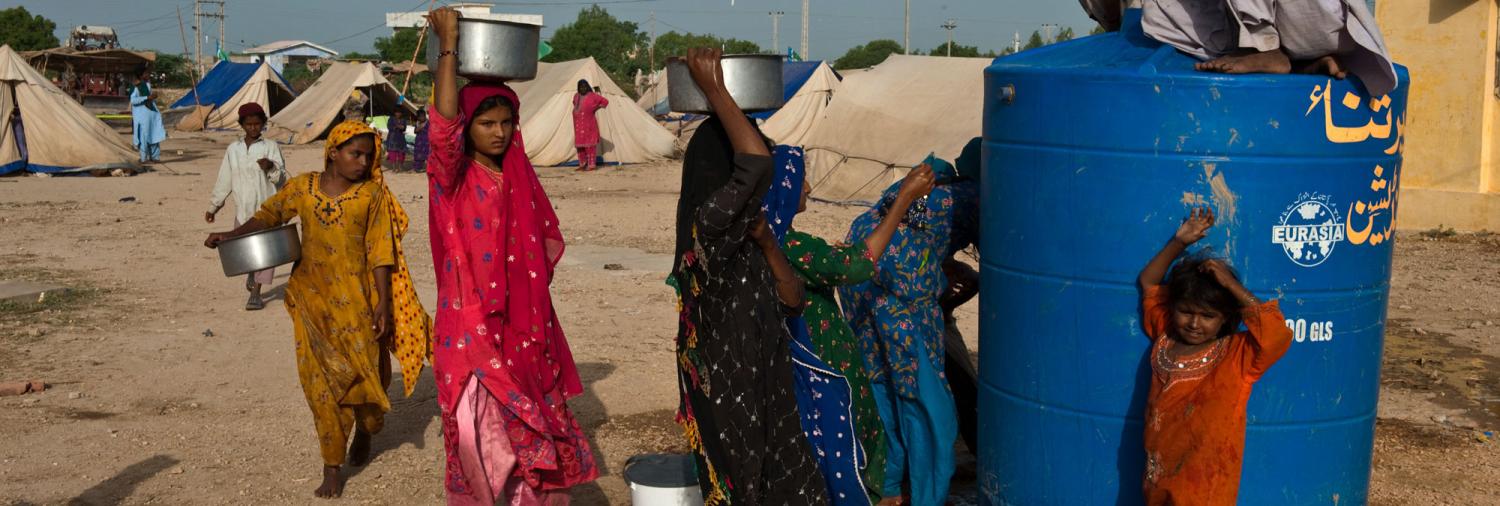- In The New Yorker, Bernard Avishai claims that “the absence in Israeli law of an inclusively democratic conception of citizenship, let alone democratic criteria for immigration” underpins the current refugee situation in Israel, where the government will begin en masse deportations in April.
- Metrocosm has visualised two centuries of US immigration data.
- Edward Mishaud, Senior Communications Consultant at the World Health Organisation, has written that the Global Compact for Migration negotiations represent a “now or never” moment to address climate-induced displacement.
- At the Center for Migration Studies, Graziano Battistella looks at the numbers of migrants returning to their countries of origin, reasons for and methods of return, reintegration, and the need for humane policies in all areas of migration.
- The “More than Numbers” report from the International Organisation for Migration examines the need for higher quality data, and how investing in migration data creates positive outcomes for both migrants and countries alike.
- An Iranian asylum seeker, accompanied by her son, has been flown to Taiwan for emergency heart surgery after initially refusing to leave her son alone in Nauru. Australia has begun using Taiwan as a provider of medical services not available on Nauru. As a non-UN member state, Taiwan is not party to the 1951 Refugee convention.
- The changes to the 457 visa program announced in April last year will come into effect this month. The Australian Financial Review and the Sydney Morning Herald have reported on how the past year of uncertainty has created difficulties for local businesses, particularly in the tech industry.
- A new interactive photoessay at Al Jazeera offers 100 striking portraits of Rohingya refugees, putting a human face to the crisis.
Migration and border policy links: climate displacement, Israel deportations, and more
Links and updates from across the migration and border policy field.

Climate risk and resilience (Photo: Asian Development Bank/Flickr)
Published 15 Mar 2018
Follow @ErinHarrisAU
You may also be interested in
With Washington distracted by Covid-19, the crisis allowed Beijing to cooperate with Pyongyang without usual censure.
Australians thought they understood the shape of a shared regional future but today its contours look less certain.
